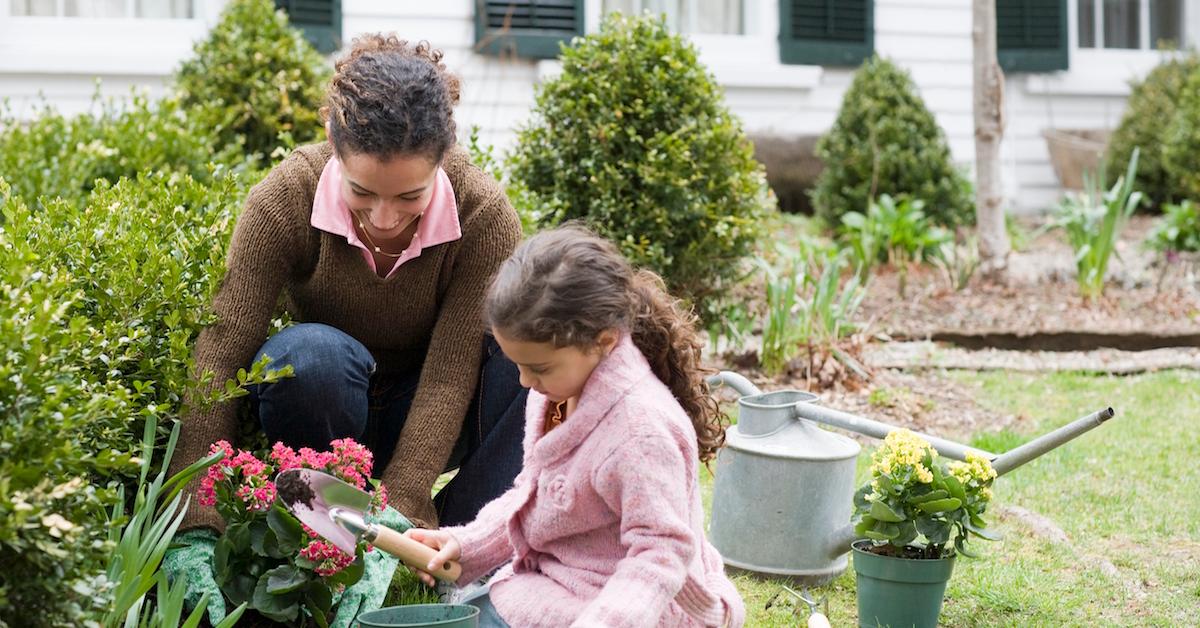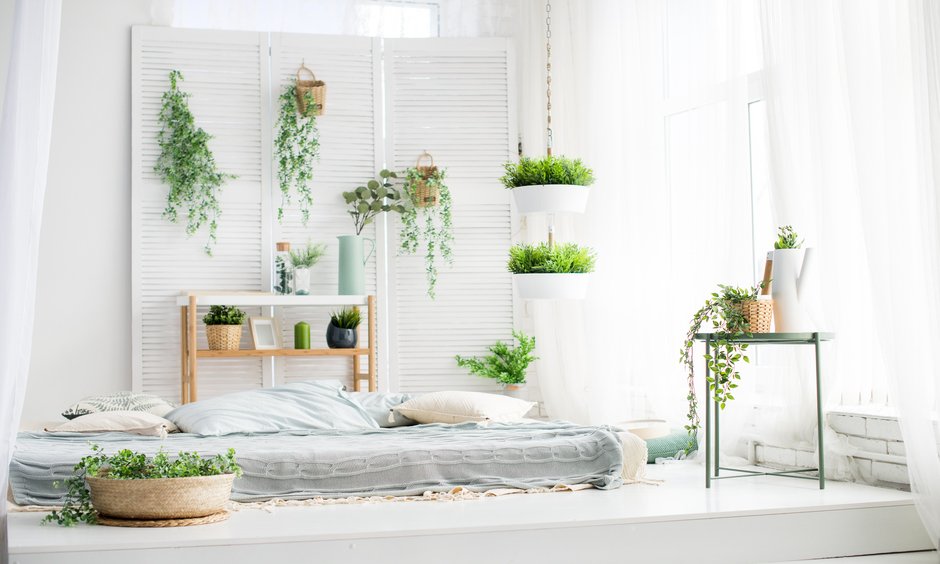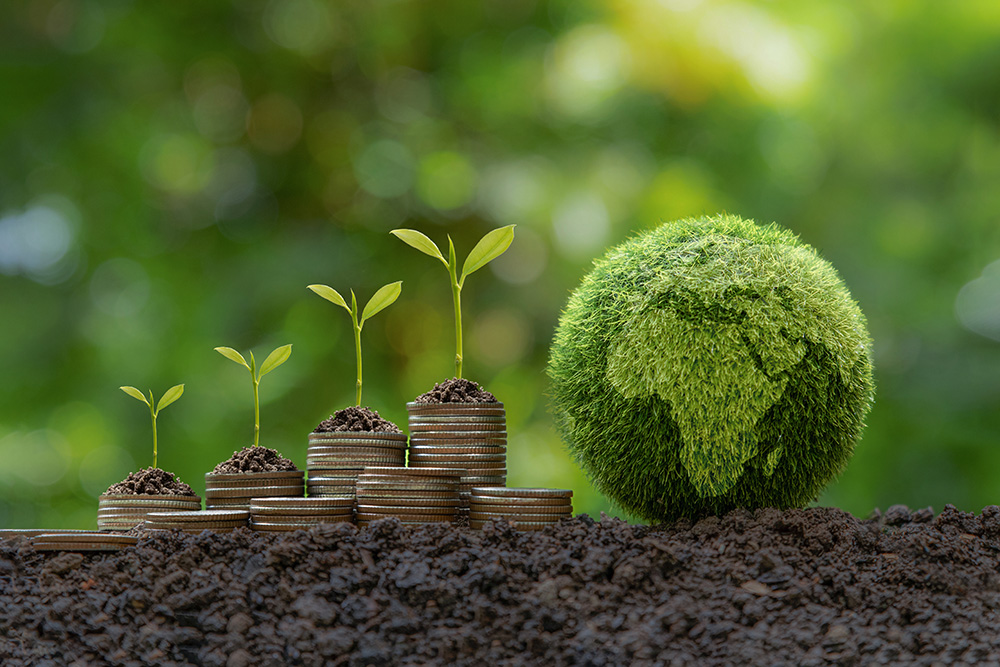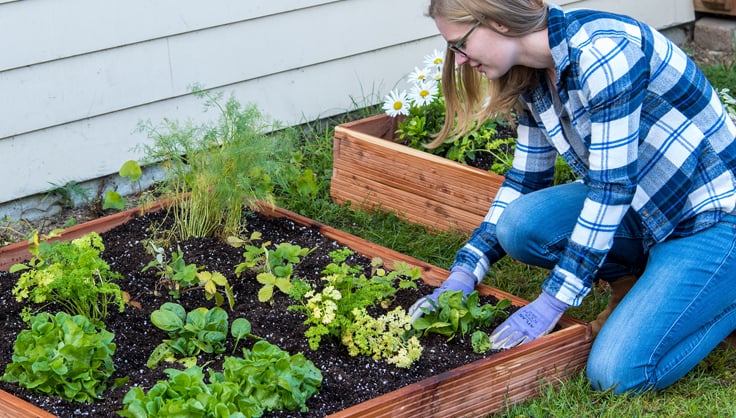Sustainable gardening is a practice coming up in which one grows plants but simultaneously takes care of the environment. It encompasses techniques that aim to generate less waste, use fewer resources, and, most importantly, preserve the ecological equilibrium. In relation to that, every little deed, be it the gardening methods or the items that are employed in the garden, needs to be conducted with great consideration of the consequences that those choices have on mother nature. The first step in walking the environmentally conscious path is to acknowledge how gardening activity affects the ecosystem.
Choosing Native Plants for Your Garden
Of all the plants used in eco-friendly gardening, the most crucial ones are the natives. They have adapted to the surrounding climate and soil, which reduces their dependence on fertilizers and water or pesticides. They also enable various birds, pollinators, and other wildlife to thrive. This biodiversity could be encouraged by selecting plants that naturally grow in your area, so your garden will be both good and useful.
Conserving Water Through Smart Practices
Water-smart practices should be used for water conservation in the gardening process. Pool collecting water is a good way of complaining about undepened pebbles that depend on water added into irrigation systems and also include spin places into the garden complexes, which tend to grow wetter. Growing the roots may also use these skin times for the water, thus helping wider elements of losing the vapor. Incorporating scalar vegetables and doing the watering at a sharper edge at mid afternoon or supper time as well ensures evaporation from the exported water.
Reducing Chemical Use in Gardening
Pollution levels can be managed since the menace of soil and water bodies is avoided to grow the beneficial organisms. These plants can be helped with growth by switching the techniques used to complain and create habitats. One may opt for this tool associated with blanket measures that consume and understand pests in the sequence, which helps the garden to widen without harming other plants.
Promoting Soil Health Naturally
Healthy soil is the most important component in constructing any successful garden together with building structures that will support plant life while at the same time keeping the environment intact, so practice something opposite of de-nutrifying the soil, like composting the unused kitchen waste alongside the yard waste in order to create as much nutrients as possible, because it will eventually build up the fertilizer while planting and rotating the specific crops, which will further maintain its sustainability as well as productivity in the long term.
Care for the Pollinators and Wildlife
For the health of the gardens and ecosystem on a larger scale, the presence of bees, butterflies, and even birds serving to pollinate flowers has considerable benefit due to the abundance of vegetation of various types, in addition to providing natural pest control, so by constructing houses for these bees and birds alongside nourishing their breeding grounds by planting perennial blooming flowers for just about the entire year, a healthy environment could be created without the need for toxic chemicals whilst allowing for insects to thrive.
Throwing Out Waste The Right Way
Gardening can be seen as a source of waste; however, if everyone plays their role responsibly, the damage done to the environment will be limited. Organic waste like plant parts or kitchen organic waste like fruit peels can be composted, which helps avoid landfills and benefits the soil. Additionally, using old pots and containers as well as other items prevents throwing them away while making sure gardening supplies can last longer. This in turn allows you to have a cleaner environment.
Using Renewable and Eco-Friendly Tools
The materials and tools you pick for your garden have a huge impact on the ecosystem. Instead of gas-driven equipment, select hand tools or tools that run on renewable energy so that you can lower the output of carbon emissions. Employing eco-friendly materials for your gardening, including bamboo stakes and pots that decompose, will also help in keeping the gardener’s ecological effect in check. Doing so will also make sure that the tools are high quality so that they will last for a longer period of time and the amount of waste is reduced in the future.
Conclusion
We live in a world where environmental damage cannot be ignored, so it goes without saying that such gardening practices are not just desirable but essential. There are various ways to achieve a self-cohesive ecosystem, including employing sustainable practices, protecting resources, and amplifying the biotic system. Change begins with the little things, and every little step taken will eventually lead to a more sustainable world, thus negating the myth that gardening cannot be profitable as well as eco-friendly. Such initiatives can help generate a more eco-friendly atmosphere in that such activities promote and foster the right principles in potential generations to come.
FAQs
1. What are the benefits of sustainable gardening?
By cultivating plants in a manner that is in harmony with nature, sustainable gardening encourages biological diversity, enriches the environment, and reduces resource consumption and pollution at the same time.
2. How can I start composting at home?
In order to begin composting, you will first need to gather organic waste materials, including food scraps or peelings and garden waste such as pruning. A compost bin contains heat generated from decomposed materials, and when combined with stirring, this speeds up the composting process greatly.
3. Are organic fertilizers as effective as chemical ones?
Yes, organic fertilizers provide plants with essential nutrients and also enhance soil characteristics without toxins that are present in chemical fertilizers.
4. How can I get more pollinators to come into my garden?
You should plant a range of flowering plants that are indigenous to the area and come into season at different periods of the year. Don’t use chemicals and also have habitats like bee hotels or even water sources for the pollinators in the area.
5. Can small gardens be eco-friendly?
Definitely, small flower gardens can also be sustainable by planting indigenous flora, using less water, and composting.




